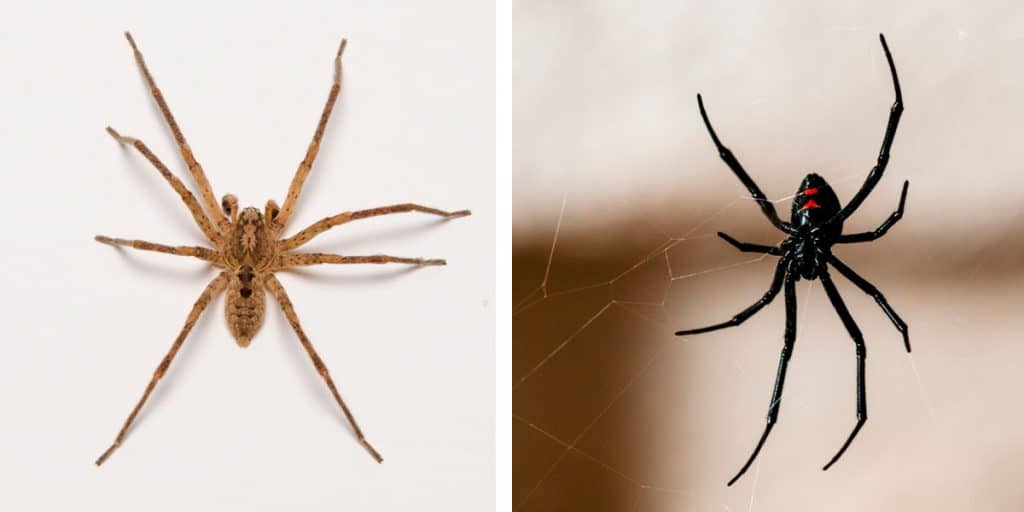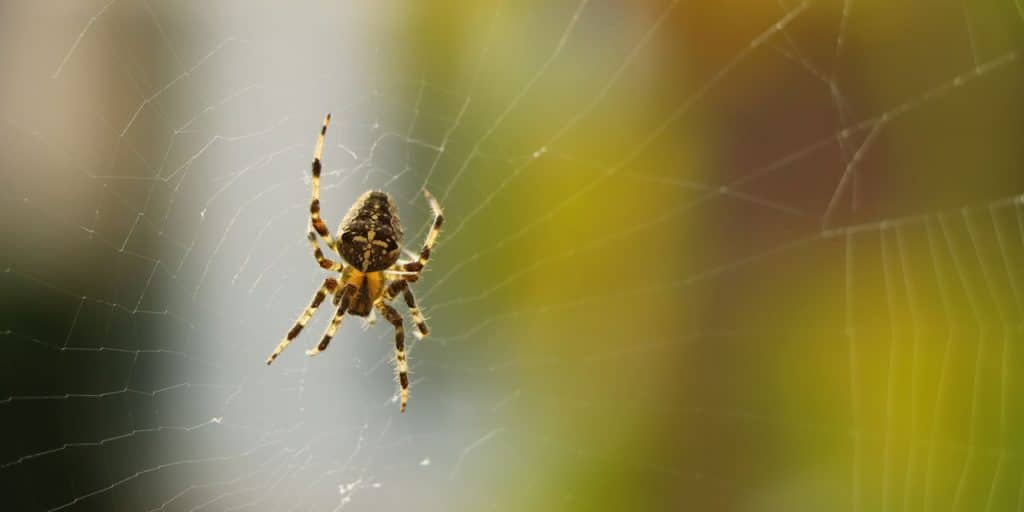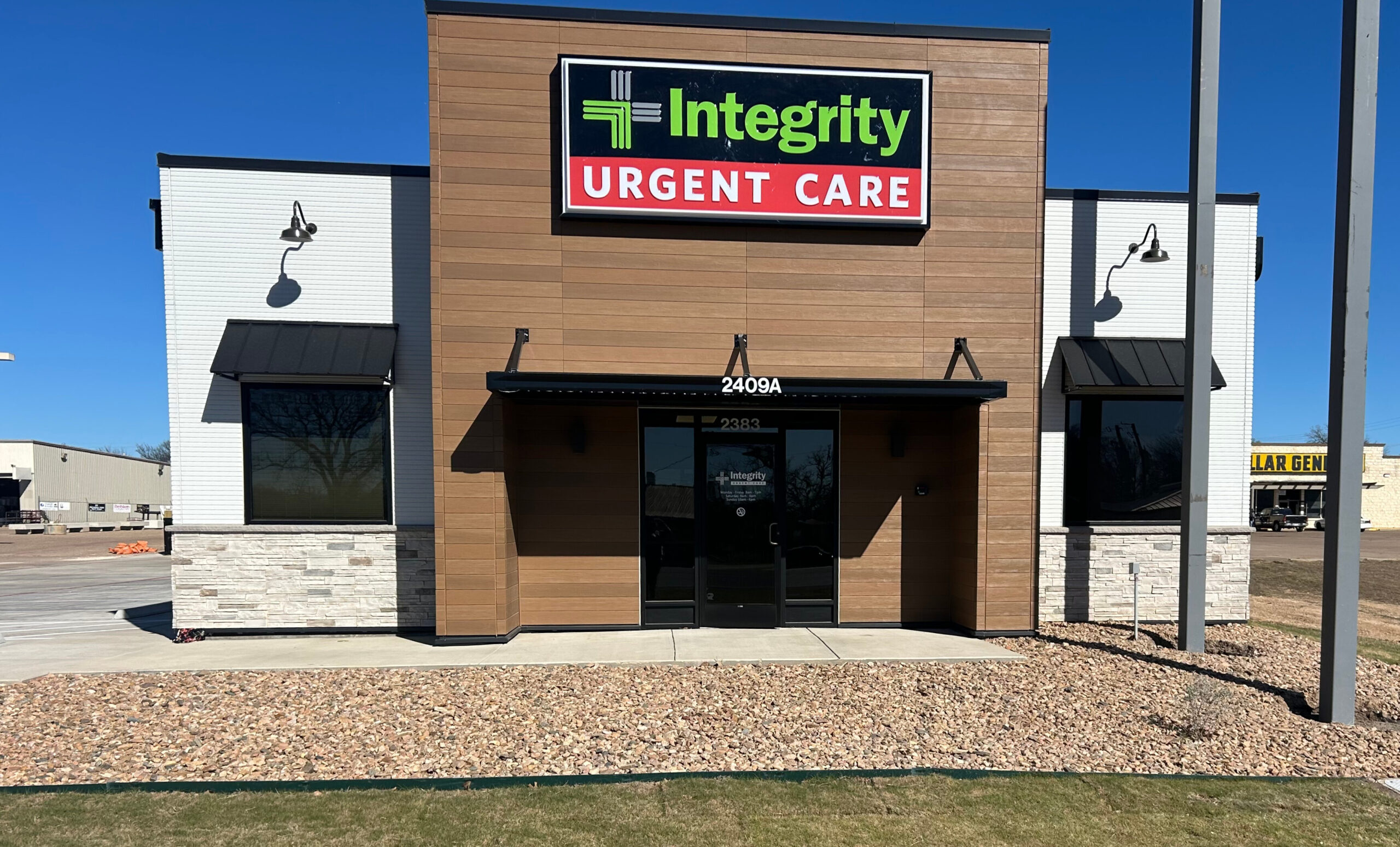For some people, the thought of spiders alone can make your skin crawl. Many types of creepy crawly arachnids are common in Texas, but very few of them are venomous. Also, spider bites are relatively rare. So hopefully, that helps you sleep a little easier! Even though they are rare, it’s good to know what to do if you are bitten by a venomous spider. This blog post breaks down the types of venomous spiders in Texas, how to identify a spider bite, how to treat it, and tips for avoiding bites.
But first, a word of caution. Spider bites really are rare. Unless you saw the spider bite you, don’t jump to conclusions. Often, what you may think is a spider bite is, in fact, a reaction to food or medicine, a rash, acne or it could be a staph infection or other type of illness. At every Integrity Urgent Care location, our providers are prepared to help you care for your wound – whatever the cause.
Venomous Spiders in Texas
The state of Texas is home to two species of venomous spiders: the brown recluse and the black widow.

The Black Widow
The black widow is typically associated with the female’s typical black color with an hourglass shape on its underside (generally red or yellow). Male black widows are harder to identify because they’re brown and smaller. Black widows’ venom is more toxic than Texas prairie rattlesnakes, and if you are bitten, they can cause severe reactions in some cases.
The Brown Recluse
Brown recluse spiders are known for their fiddle-shaped head and gold-brown coloring. A brown recluse bite is known for the venom’s effect on the skin. The venom causes skin to necrotize (the death of your skin cells) at the location of the bite. The bites can have other symptoms as well.
Symptoms of A Spider Bite
If you saw the spider bite you, it’s much easier to identify that you do have a spider bite. Sometimes people don’t notice a bite until many hours later, especially if the bite occurred during physical activity like mowing or athletic activity, or at night while you slept. Spider bites usually feel like a pinprick or a quick sharp pain that disappears before more severe symptoms begin. If you were bit by a snake or other animal, check out this post about animal bite first aid.
If you didn’t see the spider, here are a few of the symptoms Texans should look for if they suspect a spider bite:
Brown Recluse Spider Bite Symptoms

- Fever
- Chills
- Necrosis (death of tissue) at the bite site
- Nausea
- Red, white, and blue lesion at the bite site
- Weakness
- Restlessness
Black Widow Spider Bite Symptoms
- Abdominal pain, cramping, rigidity
- Convulsions
- Lesion at the bite site
- Nausea
- Headache
- Pain
- Profuse sweating
- Unconsciousness
- Vomiting
- Tremors
The severity of a spider bite varies depending on the location of the bite on your body, the depth of the bite, and the amount of venom released by the spider. Additionally, age or other health factors can have an impact. If a child, an elderly person, or someone who is immunocompromised is bitten by a spider, they may have a more severe reaction.
What To Do After A Spider Bite
After a spider bite, you can take a few steps to ensure your health and safety. Depending on the type of spider or insect, the actions you take may be different. However, for all spider bites, the first step you should take is to wash your hands thoroughly with soap and water, and then thoroughly wash the location of the bite with soap and water. If you have an antiseptic available, you can use that as well.
After thoroughly washing, take a breath and stay calm. Follow these steps:
- Knowing the type of spider that bit you can be very helpful in medical treatment. If it can be captured for positive identification, that’s even better
- Apply ice or a cold damp cloth to the area to prevent swelling
- Elevate the bite area, if possible
- Do not attempt to remove the venom by cutting, sucking, or otherwise trying to remove it
- Seek additional medical attention if the spider was a brown recluse or black widow
- If your bite becomes infected, regardless of the species of spider, you may need antibiotics and assistance from a medical professional
- You may need to take ibuprofen, Benadryl, Tylenol, or other over-the-counter medicines to help ease the swelling, pain, or reaction symptoms. Listen to the advice of your provider
Non-venomous insect bites and irritation may not require medical intervention at all. However, if a brown recluse or black widow injured you, seek medical treatment immediately. Integrity Urgent Care locations are all across north and central Texas. Find an Integrity Urgent Care clinic close to you.
How to Avoid Spider Bites in Texas
The best way to avoid spider bites in Texas is to stay indoors and avoid your garage – but we know that’s impossible! The next best thing? Enjoy your time outdoors and take a few precautions. Wear long sleeves and long pants if you’re hiking, working, or exploring in areas where spiders are common, like woods, storm shelters, sheds, near ponds, or other locations. Additionally, give your hats, shoes, and gloves a shake before putting them on.
Keep in mind that black widows and brown recluses are often found in boxes, woodpiles, storm shelters or basements, meter boxes, eaves, or other undisturbed areas. If you’re worried about spiders, keep your home and storage areas clean, tidy, and organized.
Here’s a checklist for spider control methods you can use:
- Reduce or eliminate bright lights near your house that might attract insects, which are spiders’ food supply
- Keep your garage, shed, basement, storm shelter, and attic clean and organized
- Eliminate clutter in your home
- Keep grass and weeds near your home trimmed to discourage spiders and other pests like mice from sticking around
- Seal all the openings to your home, including windows and doors
- Regularly dust and clear cobwebs from your home
- When removing blankets, towels, and other linens from storage, shake them. Spiders like to settle into linens
- Use a professional to apply pesticide to the inside and outside of your home around the perimeter
Spider and insect bites are usually harmless. You may feel some discomfort or swelling for a few days, and then you’ll be back to normal. But, if your spider bite does produce a severe reaction or symptoms, we’re here to help. Integrity helps Texans deal with spider bites across the state. Our Texas urgent care providers can help you treat symptoms and get back to your adventures.



